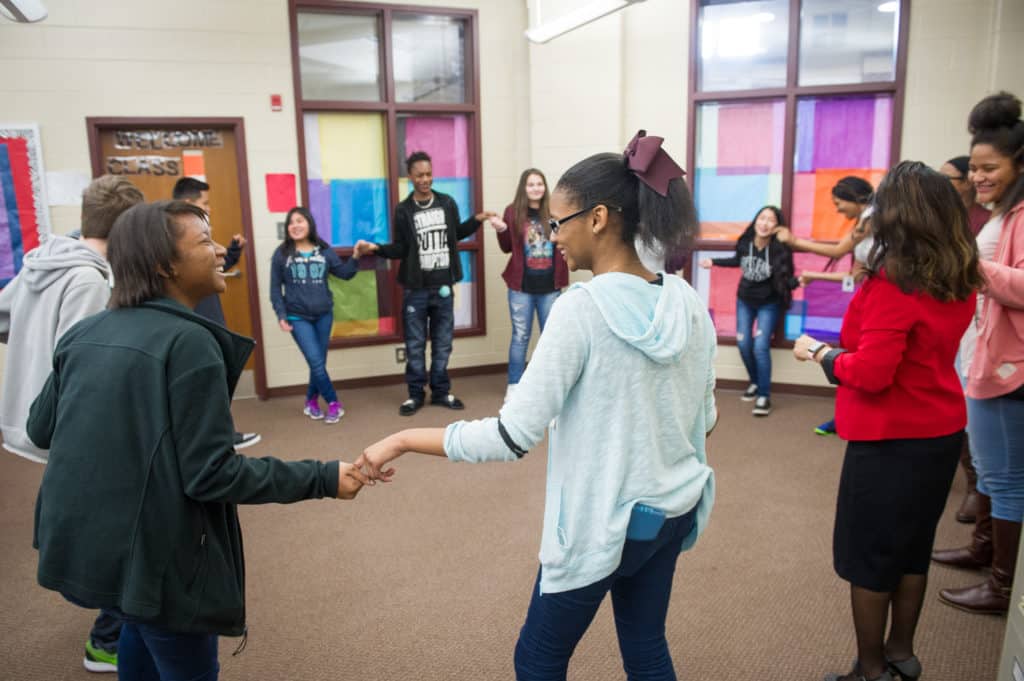
Extra Support with Transitions
Sarah was under the classroom work table again. "Sarah, now is the time for writing. You need to come out and start your work in your writing folder." I used my best teacher language, even though it hadn't worked with Sarah so far. She often shut down while the rest…
Continue Reading
Jul
17
2024





















